7 GPTs for Agricultural Education Powered by AI for Free of 2026
AI GPTs for Agricultural Education are advanced digital tools designed to enhance learning and productivity in the agricultural sector. Leveraging Generative Pre-trained Transformers, these AI tools offer personalized educational content, problem-solving solutions, and data analysis, tailored specifically for agriculture. They stand out for their ability to interpret and generate human-like text, making them ideal for a wide range of applications, from training modules to research assistance. Their role in Agricultural Education is to provide accessible, accurate, and up-to-date information, facilitating better decision-making and innovation in the field.
Top 7 GPTs for Agricultural Education are: Agronomus,Dr. Terra Verde,农业顾问,Rural,Non-GMO,農家のお米がおいしい理由,養牛指南
Agronomus
Empowering Agriculture with AI Insights
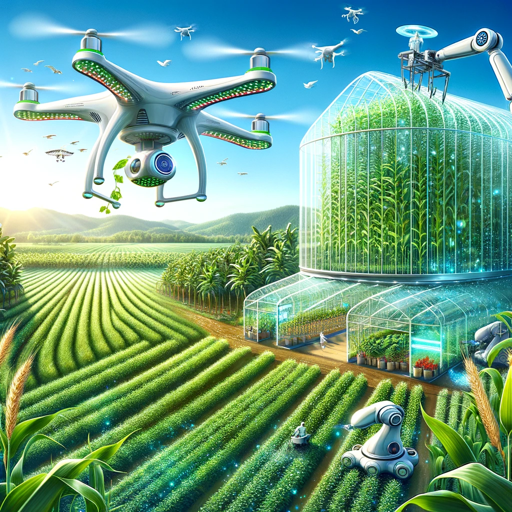
Dr. Terra Verde
Unlocking the Secrets of Soil with AI

农业顾问
Empowering Agriculture with AI
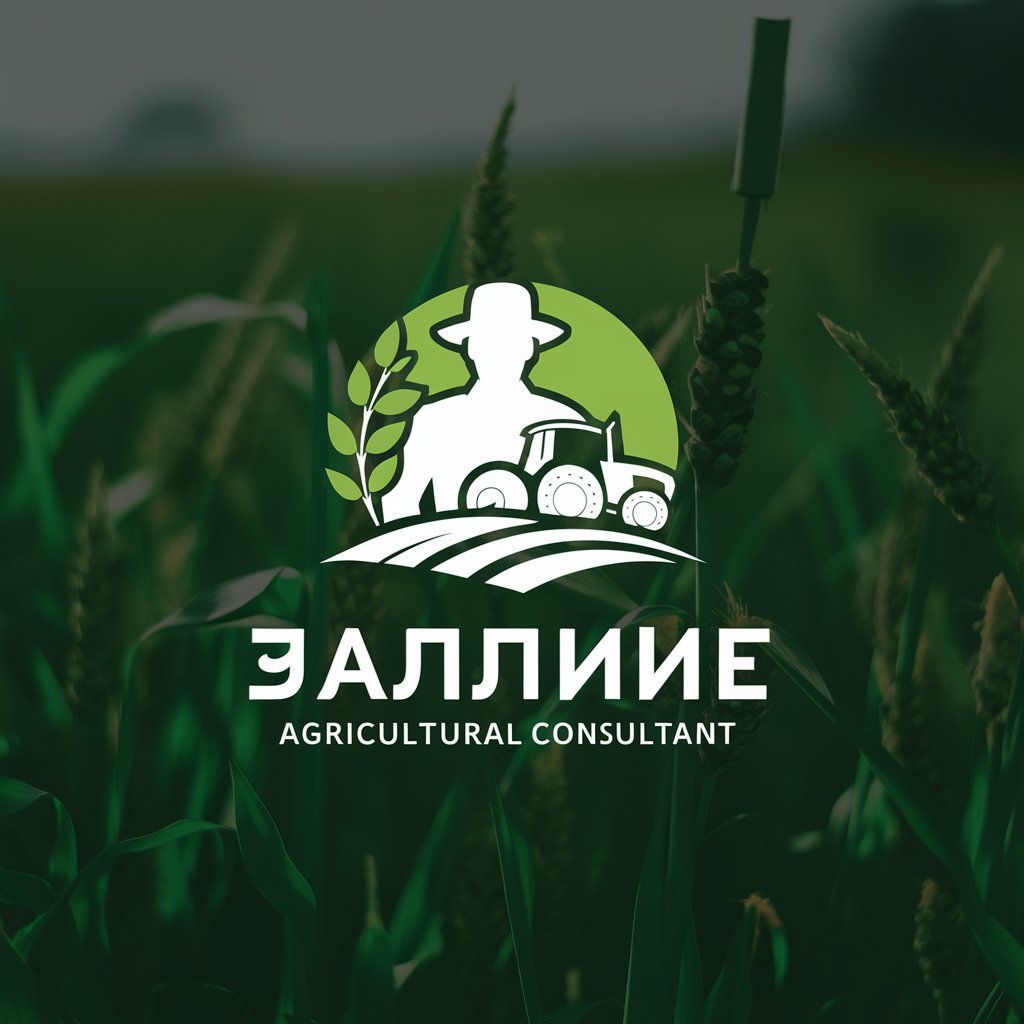
Rural
Explore Rural Life with AI
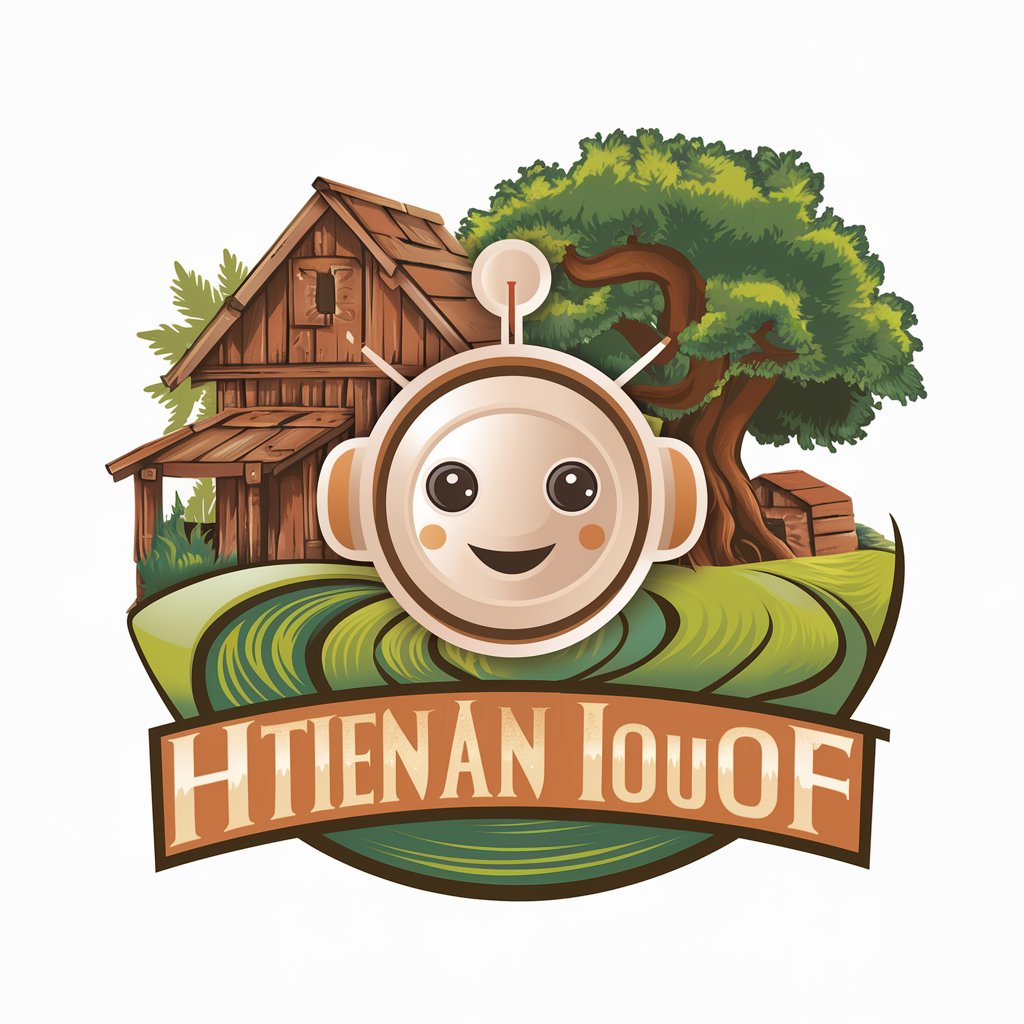
Non-GMO
Empowering Non-GMO Knowledge through AI
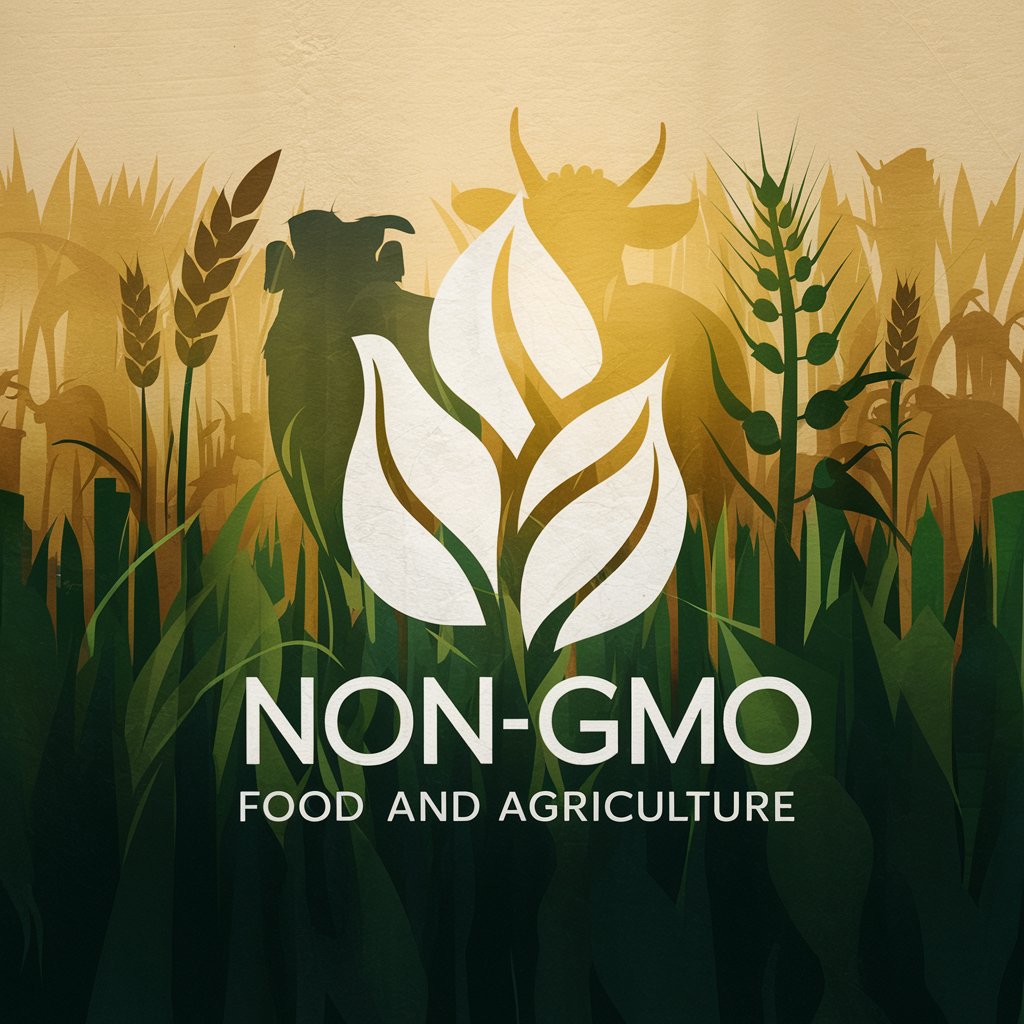
農家のお米がおいしい理由
Discover the essence of traditional rice farming, powered by AI.
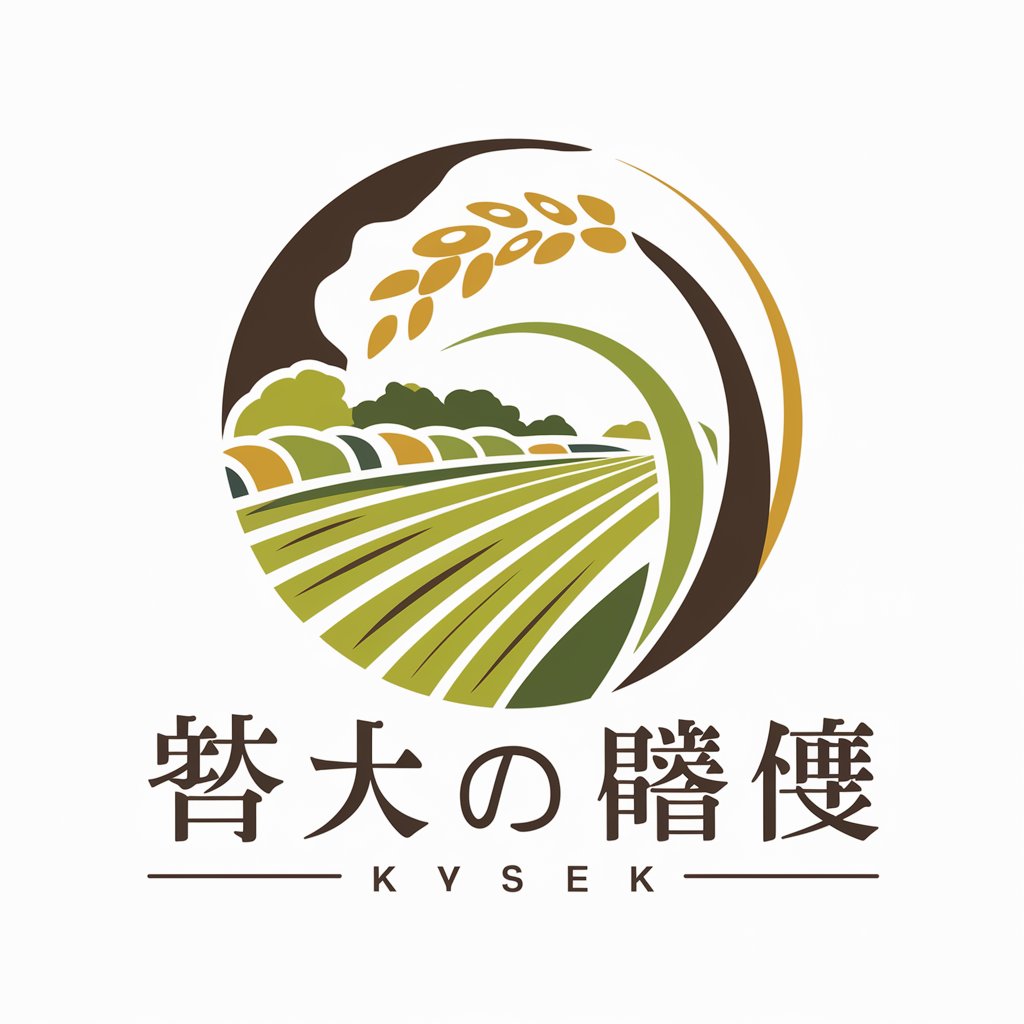
養牛指南
Empowering cattle welfare with AI-driven insights

Key Attributes and Functions
AI GPTs in Agricultural Education are distinguished by their adaptability, providing custom solutions for various complexities within the agriculture sector. Core features include natural language processing for interactive learning, technical support through detailed explanations of farming practices, web searching for latest agricultural trends, image generation for visual learning, and data analysis for research and development. These tools are designed to evolve, learning from interactions to improve their accuracy and relevance, making them indispensable for contemporary agricultural education.
Primary Beneficiaries
The primary beneficiaries of AI GPTs in Agricultural Education include students, educators, researchers, farmers, and agribusiness professionals. These tools are crafted to be user-friendly for novices, offering straightforward interfaces and guidance. Simultaneously, they provide deep customization and programming capabilities for developers and technologists in the agricultural sector, ensuring a wide range of applications from basic educational content to complex problem-solving scenarios.
Try Our other AI GPTs tools for Free
Drone Registration
Discover how AI GPTs revolutionize drone registration with advanced automation, ensuring compliance and simplifying processes for hobbyists and professionals alike.
Commercial Piloting
Explore AI GPTs for Commercial Piloting: Tailored AI solutions enhancing flight safety, training, and operational efficiency for aviation professionals.
Mature Audiences
Explore AI GPTs tailored for Mature Audiences, offering sophisticated solutions for content creation, analysis, and management within mature-themed domains.
Car Appraisal
Discover AI-powered Car Appraisal tools, leveraging GPT technology for accurate, efficient vehicle valuations tailored to the automotive industry's needs.
Pandemic Response
Discover how AI GPTs for Pandemic Response leverage advanced technology to enhance pandemic preparedness and management, offering tailored solutions for data analysis, communication, and decision support.
Conflict Readiness
Explore how AI GPTs for Conflict Readiness revolutionize conflict management with adaptive learning, comprehensive analysis, and tailored resolution strategies.
Supplementary Perspectives
AI GPTs as customized solutions in agricultural education represent a significant advancement, offering dynamic learning platforms, enhanced decision-making tools, and integrative capabilities with existing systems. Their user-friendly interfaces ensure broad accessibility, while their adaptability facilitates seamless incorporation into varied agricultural workflows, promising a transformative impact on the sector.
Frequently Asked Questions
What exactly are AI GPTs for Agricultural Education?
AI GPTs for Agricultural Education are specialized AI tools that leverage generative pre-trained transformers to offer tailored educational content, data analysis, and problem-solving solutions in agriculture.
How can these AI tools benefit my farming practices?
These tools can provide you with the latest agricultural research, personalized advice on crop management, pest control strategies, and sustainable farming practices, enhancing productivity and sustainability.
Are these tools suitable for beginners in agriculture?
Absolutely, they are designed with user-friendly interfaces to support learners at all levels, providing accessible educational content and answers to agricultural queries.
Can AI GPTs integrate with existing agricultural software?
Yes, many AI GPT tools are designed for integration with existing agricultural software platforms, enhancing their functionality with advanced AI capabilities.
Do I need programming skills to use these AI tools?
No, these tools are created to be accessible without requiring coding skills, though they also offer customization options for those with programming expertise.
How do these tools stay updated with the latest in agriculture?
AI GPTs continuously learn from new data, interactions, and research, ensuring they provide the most current information and recommendations.
Can these AI tools help in agricultural research?
Yes, they are an invaluable resource for researchers, offering data analysis, literature reviews, and hypothesis testing capabilities.
Are there any limitations to using AI GPTs in agriculture?
While AI GPTs offer many benefits, they require regular updates and training to maintain accuracy, and their advice should be supplemented with human expertise in complex scenarios.